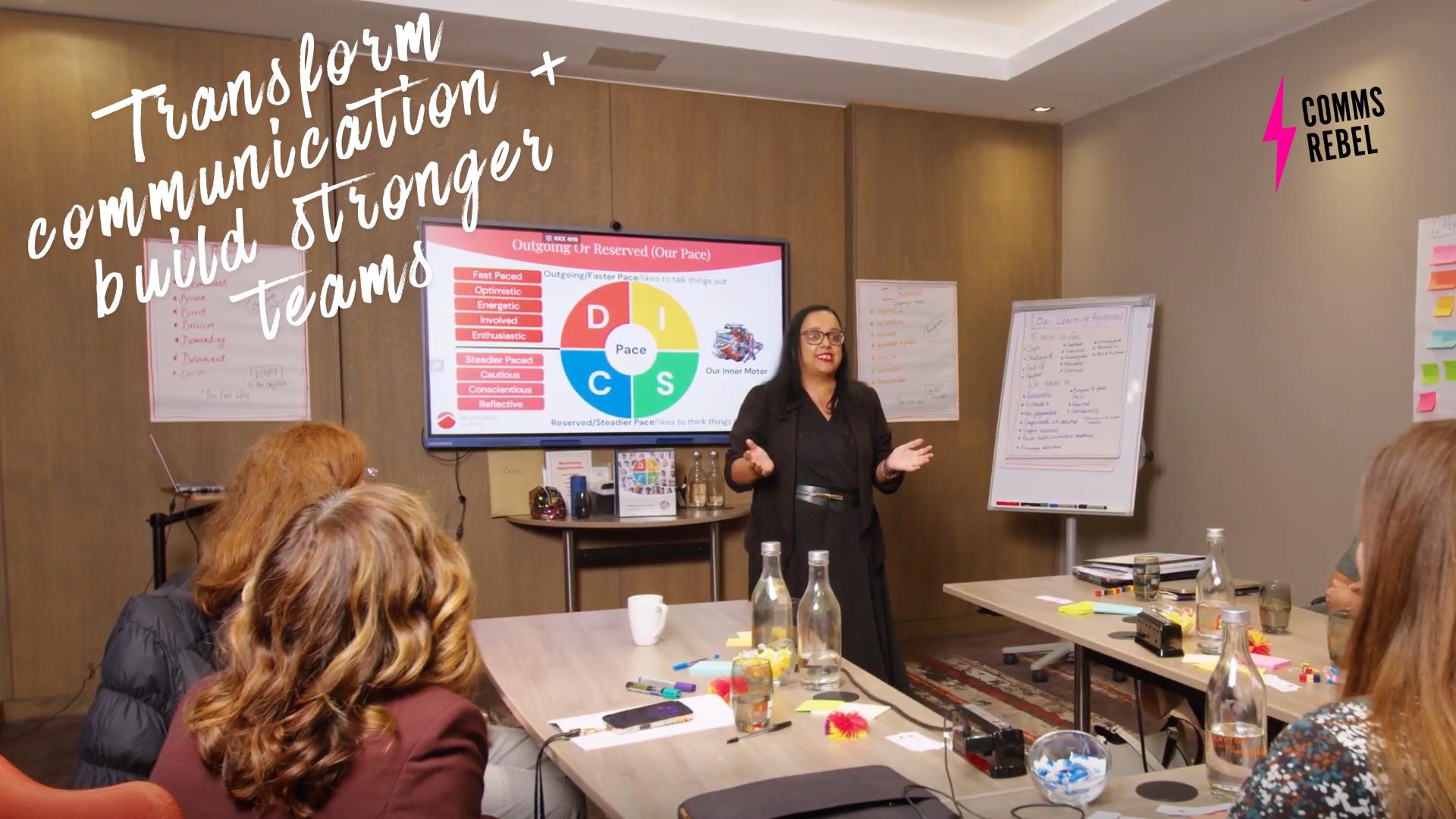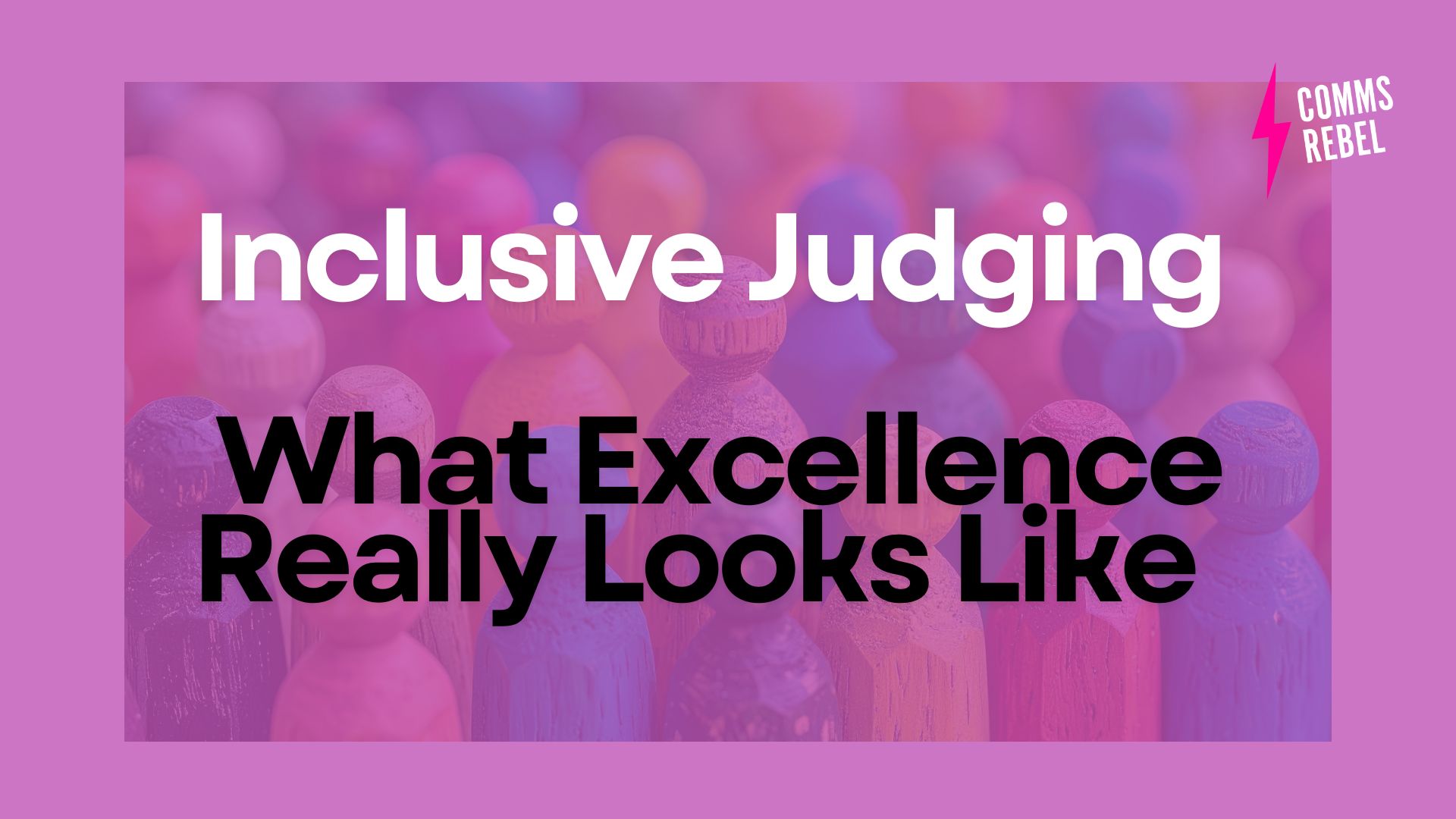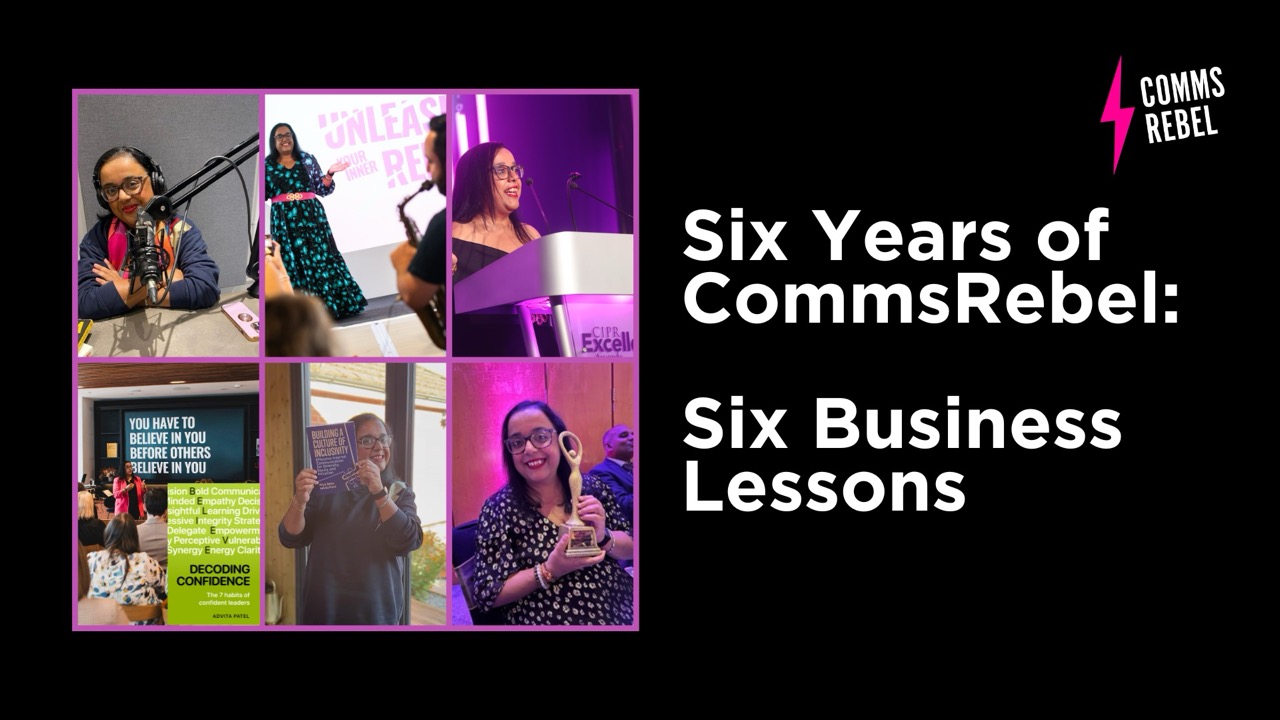Have you ever worked with someone and thought, “Why do they always behave like that?”
Maybe they are blunt in meetings, overly cautious with decisions, or seem to need far more detail than you’d ever ask for.
I know that feeling well. I used to spend days frustrated, replaying conversations and wondering why certain people were “so difficult.”
But then I realised something important: they weren’t difficult. They were different.
And that difference, when understood, can completely change how we work, communicate, and collaborate.
That’s where the DISC framework comes in.
Why we struggle to challenge (and be challenged)
Let’s be honest, most people hate challenging others.
It feels uncomfortable, risky even. We worry that speaking up might make us look confrontational, uncooperative, or just plain difficult.
Saying something as simple as, “I see this differently,” can take real courage, especially in rooms where hierarchy, culture or fear hold people back.
But the truth is, without healthy challenge, teams stagnate.
We miss better ideas. We make poorer decisions. And we risk falling into groupthink.
As Matthew Syed says in Rebel Ideas, it’s through positive dissent that we build stronger teams, braver leadership, and ultimately better outcomes.
The key lies in learning how to challenge with respect, and that’s where DISC can be a game-changer.
What DISC actually is (and isn’t)
DISC is a simple but powerful framework that helps us understand four primary communication and behaviour styles:
- D – Dominance: direct, decisive, results-focused.
- I – Influence: enthusiastic, social, people-oriented.
- S – Steadiness: patient, supportive, dependable.
- C – Conscientiousness: analytical, detail-focused, precise.
It’s not about labelling people or putting them in boxes. Instead, it helps you understand how people prefer to communicate, make decisions, and respond under pressure.
When you know that someone values directness, you can skip the small talk.
When you realise another person values diplomacy, you can take more care with tone and approach.
That’s how conversations become productive instead of prickly.
Why DISC matters for internal communicators
As internal comms professionals, we’re often at the intersection of different personalities, expectations, and power dynamics.
We work with senior leaders who want speed, middle managers who need reassurance, and employees who value inclusion and transparency.
It’s no wonder tensions arise.
Using DISC helps you navigate those differences with awareness and empathy. You can:
- Tailor messages to different audiences.
- Manage stakeholder relationships with confidence.
- Defuse potential conflict before it escalates.
- Build trust by meeting people where they are, not where you want them to be.
When you layer DISC with an understanding of values and Cultural Intelligence (CQ), it becomes even more powerful. You start to see that communication isn’t one-size-fits-all; it’s a flexible, human art.
The real cost of miscommunication
Most workplace conflict doesn’t come from bad intent. It comes from miscommunication.
We assume others see the world as we do. When they don’t, we take it personally. But often, they just process information differently.
DISC helps close that gap. It turns “Why are they being so awkward?” into “Ah, they just need more detail before making a decision.”
That small shift in understanding can save hours of stress, endless email chains, and a lot of unnecessary tension.
How to start using DISC right now
You don’t have to be a behavioural expert to start seeing the benefits. Here’s how to begin:
- Observe patterns – notice how people respond to information, deadlines, and feedback.
- Adjust your approach – if someone seems disengaged, try matching their style: more facts for the analytical, more warmth for the social, more clarity for the direct.
- Reflect on your own style – awareness starts with you. How do you come across under pressure? What might others need from you that you’re not giving?
DISC isn’t about changing who you are. It’s about adapting with intention to communicate better, influence effectively, and build trust faster.
Difference doesn’t mean difficult
When you understand that people’s motivations, fears, and drivers are simply different from your own, everything changes. You stop taking things personally and start communicating with purpose.
That’s how you create workplaces where people don’t just coexist, they connect.
Keen to know more?
Do you want to:
- Build stronger relationships with stakeholders?
- Handle challenge with confidence?
- Use DISC to improve how you communicate?
Get in touch and let’s start transforming the way you work.
As a certified DISC Assessor and Licensed Trainer, Advita can help you and your team uncover your preferences, improve communication, and work more harmoniously. The better we understand each other, the better we can collaborate and thrive.
If you’re interested, drop us an email at hello@commsrebel.com.
PS. If you enjoyed reading this, check out: DISC – Six Incredible Benefits


